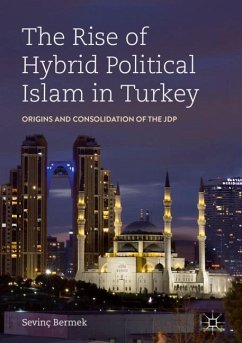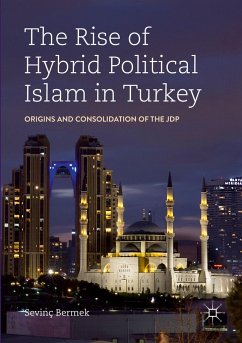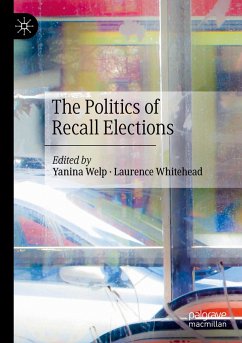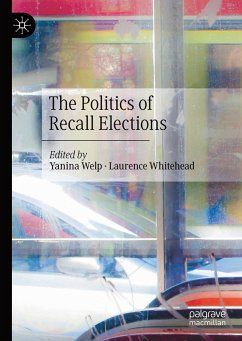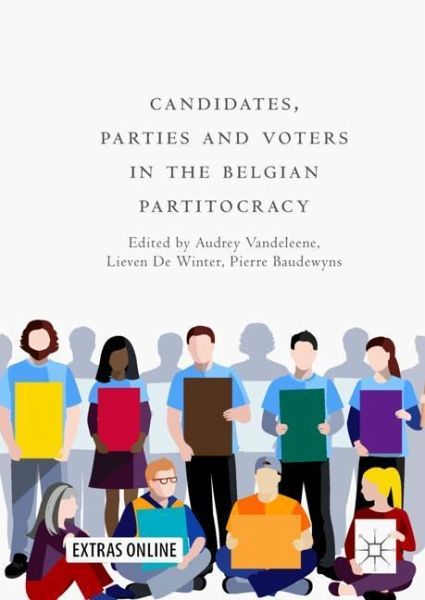
Candidates, Parties and Voters in the Belgian Partitocracy

PAYBACK Punkte
38 °P sammeln!
This book focuses on the triadic relationship between electoral candidates and the two other poles of the delegation and accountability triangle-political parties and voters. The chapters rely mostly on the Belgian Candidate Survey (CCS project), gathering about 2000 candidates belonging to 15 parties represented in Parliament and running for the 2014 federal and regional elections, and the authors' conclusions serve at answering broad political science questions linked with elite recruitment, party and candidate electoral strategies, personalisation, party cohesion, and descriptive and substa...
This book focuses on the triadic relationship between electoral candidates and the two other poles of the delegation and accountability triangle-political parties and voters. The chapters rely mostly on the Belgian Candidate Survey (CCS project), gathering about 2000 candidates belonging to 15 parties represented in Parliament and running for the 2014 federal and regional elections, and the authors' conclusions serve at answering broad political science questions linked with elite recruitment, party and candidate electoral strategies, personalisation, party cohesion, and descriptive and substantive representation. Its multilevel semi-open electoral system, atypical federal structure, extreme party system fragmentation and volatility make Belgium an exceptionally rich but complex case that offers findings highly relevant to research on candidates in other democracies.





